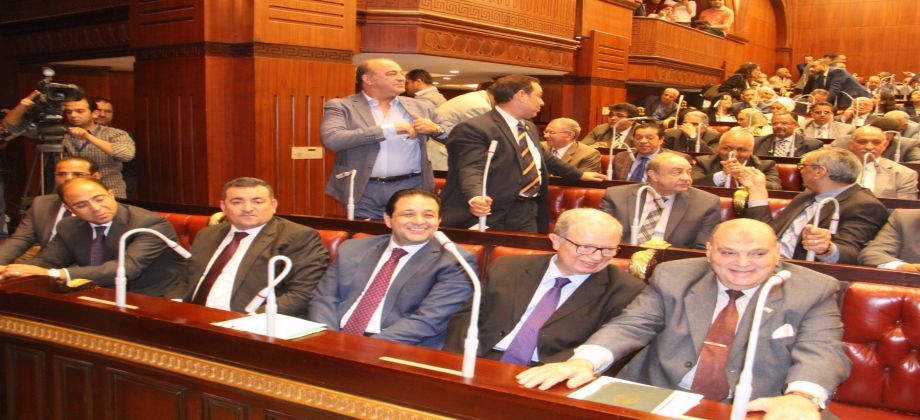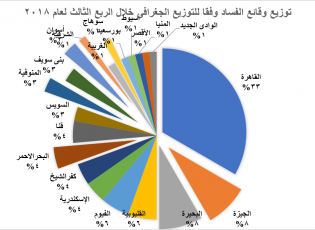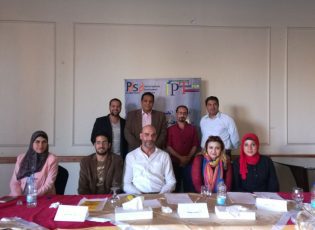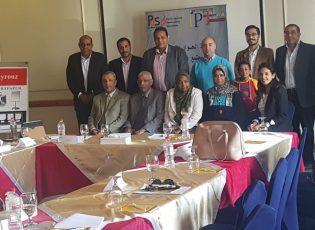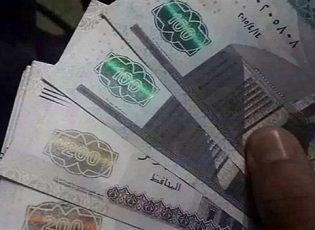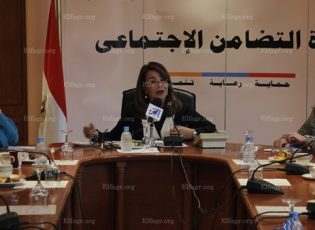Editorial news
Books: Syed Najm
Partners for Transparency issued its monthly report No. 24, which included monitoring, classification and analysis of corruption facts and procedural and legislative developments. The report indicated that, by the end of June 2017, the Egyptian parliament ended its second session, without having completed a set of legislative proposals related to combating corruption, although there are a number of representatives who have already submitted positive perceptions and drafts that can be built upon, in addition to the fact that interested and active people were expecting to perform More positive legislation with regard to combating corruption and the development of legal systems that help in that. They called on Parliament to enact a package of important laws, such as the law regulating the circulation of information, the law of the Coordinating Committee for Combating Corruption, and the Law on the Protection of Whistleblowers and Witnesses. The report emphasized that wasting the second session of Parliament without approaching the necessary legislation to combat corruption and promote transparency, integrity and accountability, reveals the gap between the state agencies regarding the nature of interest in the phenomenon of corruption, and the disparity in the extent of seriousness and priority to combat it. See also "Partners for Transparency": Parliament has not come close to "fighting corruption". The harvest of the "legislative" Parliament in the "second session": 12 laws and the approval of 34 agreements regarding the monitoring and classification of facts, as the report issued by the Partners Foundation for Transparency revealed, The month of June witnessed 56 corruption incidents, as the supply, health, and local sectors acquired 54% out of a total of 30 incidents in the three sectors, in line with the general results that have been reported two years ago, and 5 ministries, namely, Education, Interior, Endowments, Agriculture and Higher Education, There were approximately 30% incidents of corruption during the month of June 2017. The report continued: “On the judicial level, the monitoring data revealed that the facts that are subject to investigation come first with a percentage of 73%, followed by the incidents under trial with a percentage of 20%, then the incidents that have been judged at a rate of 5 %, and finally the facts that were not achieved in the last rank by 2%, and geographically, the data indicate that the Cairo governorate alone acquired about 30% of corruption incidents during the same month, while the data indicated that the governorates of Giza and Alexander “Yehia, Qalyubia, Menoufia and the Red Sea obtained a total of 35% incidents of corruption, with a total of 20 incidents.”
Short link: https://pfort.org/en/?p=2410

